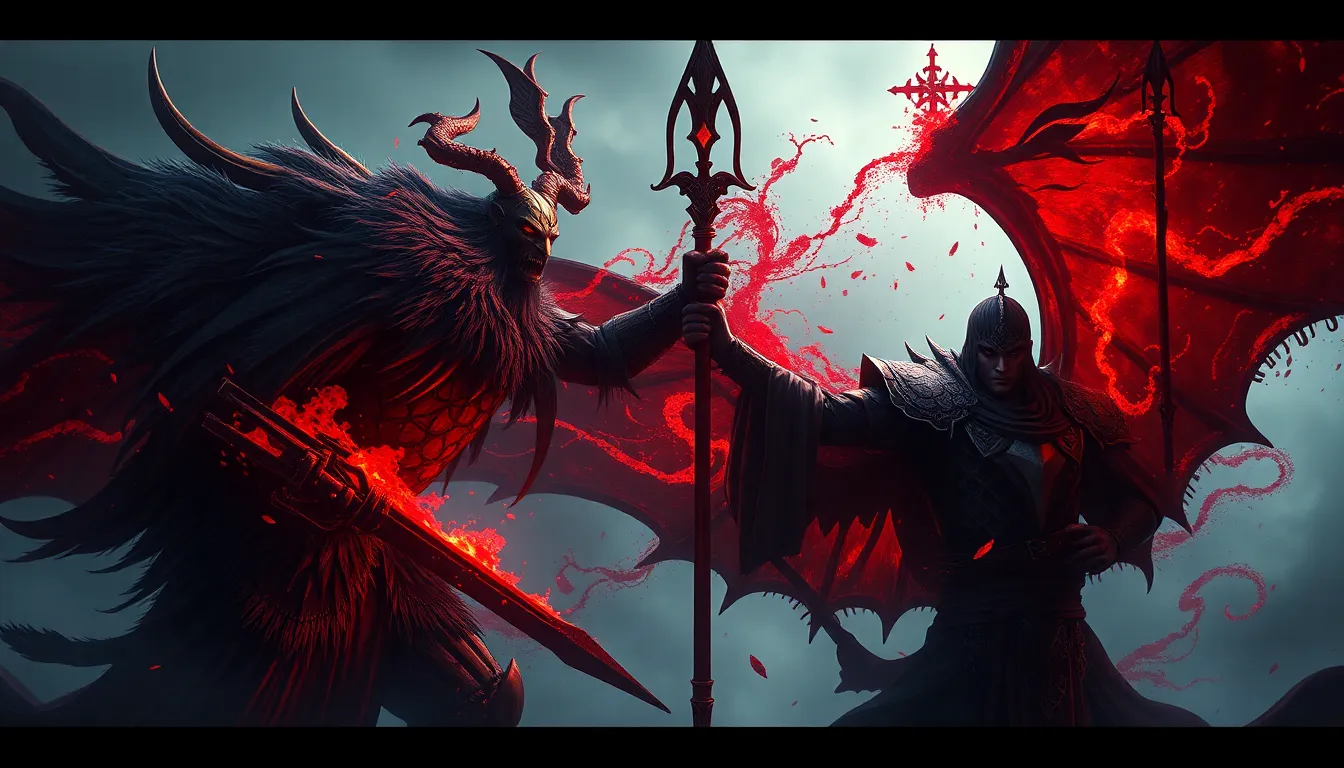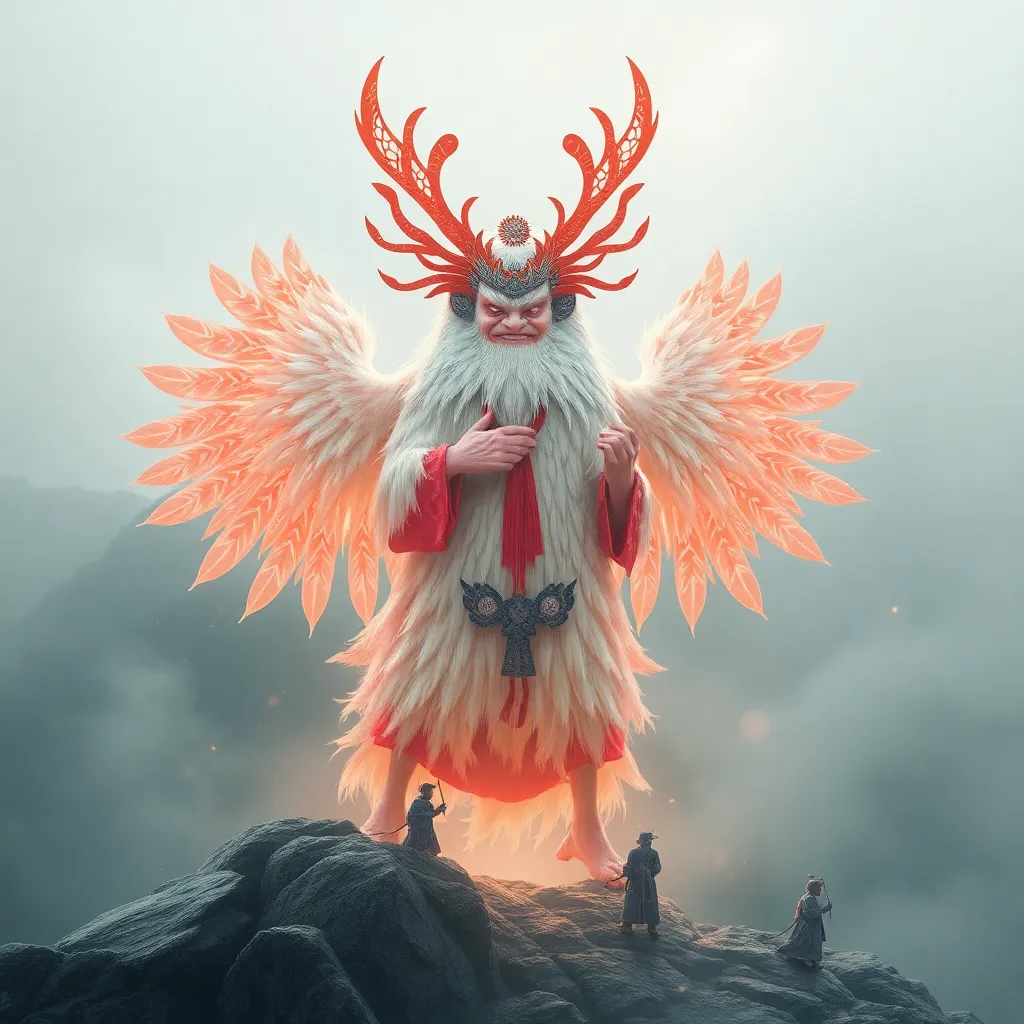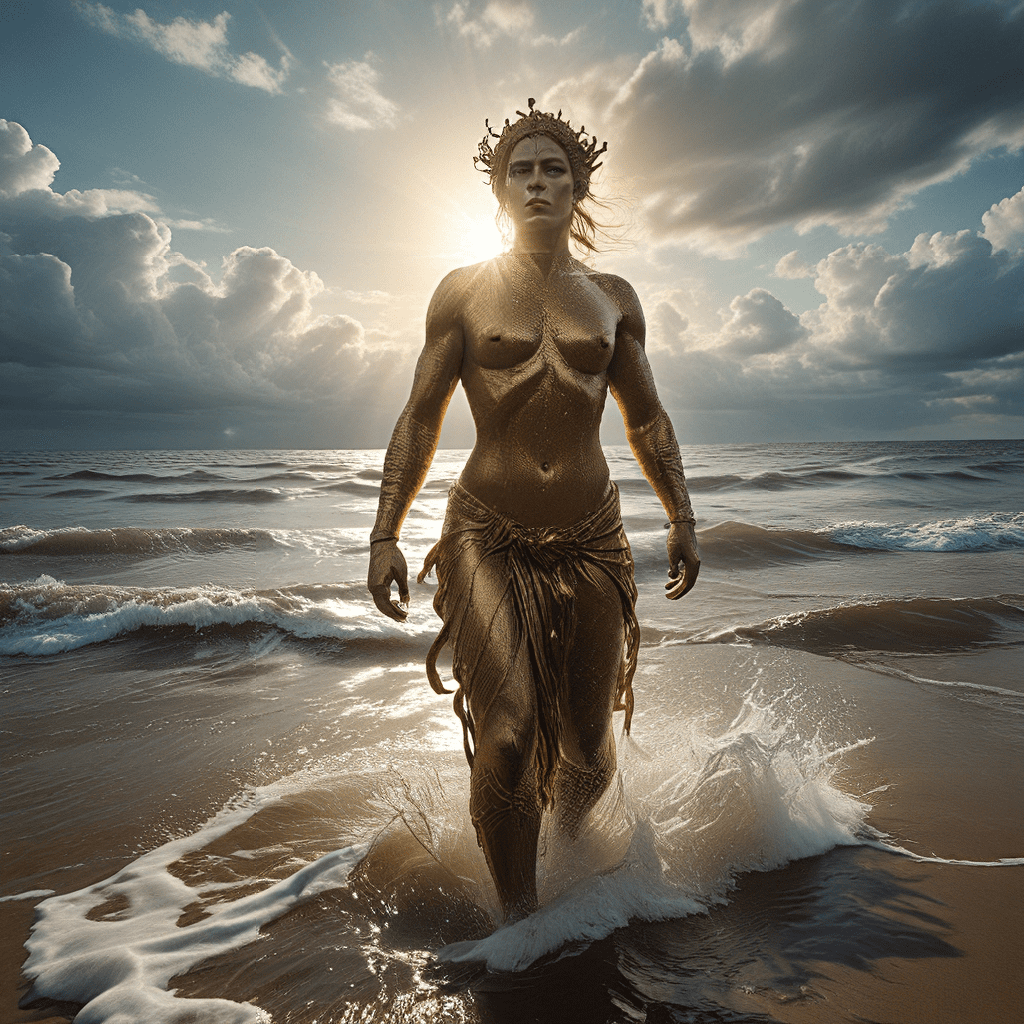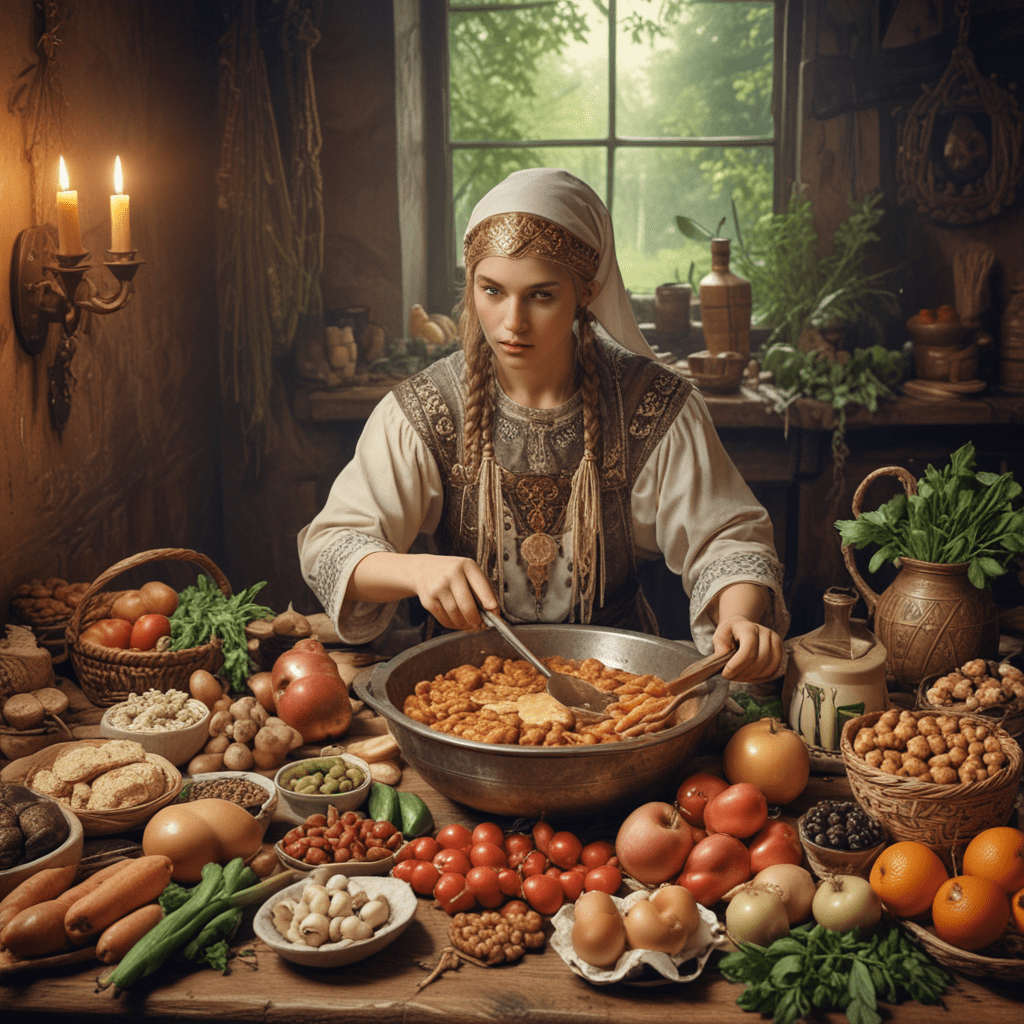Blood and Valor: The Legendary Conflicts of Myth
Introduction to Mythical Conflicts
Legendary conflicts have been a cornerstone of mythological narratives across cultures. These stories often weave intricate tales of heroism, sacrifice, and the battle between good and evil. The significance of these conflicts lies not only in their entertainment value but also in their ability to shape cultural identities and morals. Bloodshed and valor are recurrent themes that highlight the struggles individuals and societies face in pursuit of honor, justice, and survival.
The Origins of Mythical Warfare
Ancient civilizations often drew upon their historical events to create legendary tales of warfare that resonated with their cultural values. Mythological warfare can be seen as a reflection of real-life conflicts, embodying the fears, aspirations, and moral dilemmas of the people.
- Ancient Civilizations: Civilizations such as the Mesopotamians, Greeks, and Egyptians crafted myths that mirrored their societal struggles.
- Historical Influences: Major events, such as invasions and natural disasters, often found their way into myths, transforming them into epic tales of conflict.
Notable Conflicts in Greek Mythology
Greek mythology is replete with legendary wars, the most famous being the Trojan War. This conflict serves as a quintessential example of how personal vendettas and divine machinations intertwine to shape the fate of nations.
The Trojan War: Causes, Key Figures, and Outcomes
The Trojan War is sparked by the abduction of Helen, the wife of Menelaus, by Paris of Troy. Key figures include:
- Achilles: The mightiest Greek warrior whose anger and eventual vengeance play a central role in the war.
- Hector: The noble Trojan prince who embodies valor and duty to his family and city.
- Odysseus: The clever strategist whose cunning ultimately leads to the downfall of Troy.
The war lasts ten years and culminates in the fall of Troy, showcasing the devastating consequences of pride and betrayal.
The Clash of Gods and Mortals
The Trojan War is not merely a human conflict; it is heavily influenced by the gods, who take sides and meddle in human affairs. This divine intervention highlights the belief that the fates of mortals are often intertwined with the whims of the divine.
Norse Mythology: Ragnarok and the End of All Things
In Norse mythology, Ragnarok signifies the end of the world, a cataclysmic battle between gods, giants, and heroes.
The Prophecy of Ragnarok: Key Players and Events
Prophecies foretell the deaths of major figures such as Odin, Thor, and Loki, culminating in a fierce confrontation that reshapes the cosmos.
- Odin: The Allfather who leads the gods into battle.
- Thor: The thunder god, known for his strength and bravery.
- Loki: The trickster god whose betrayal contributes to the chaos.
The themes of valor and sacrifice permeate the narrative, as heroes face their fate with courage, underscoring the inevitable cycle of destruction and rebirth.
The Epic of Gilgamesh: A Tale of Friendship and Conflict
The Epic of Gilgamesh, one of the oldest known literary works, explores the relationship between Gilgamesh, the king of Uruk, and Enkidu, a wild man created by the gods. Their friendship is central to the story’s exploration of conflict.
Analysis of Gilgamesh’s Battles and Their Significance
Gilgamesh engages in various battles, including those against Humbaba, the guardian of the Cedar Forest, and the Bull of Heaven. These conflicts symbolize his struggle against mortality and his quest for glory.
The Relationship Between Gilgamesh and Enkidu
The bond between Gilgamesh and Enkidu is pivotal, as Enkidu’s death propels Gilgamesh into a quest for immortality, highlighting how personal relationships can influence the course of conflict.
The Role of Heroes and Anti-Heroes in Mythical Battles
Mythical battles often feature complex characters whose motivations and actions resonate with audiences. Heroes are typically characterized by:
- Strength and bravery
- Honor and a sense of duty
- Flaws that make them relatable
Conversely, anti-heroes challenge traditional notions of heroism, displaying morally ambiguous qualities that add depth to their narratives. Their motivations often stem from personal grievances or societal injustices, reflecting the complexities of human nature.
Cultural Reflections of Conflict: Variations Across Mythologies
Conflicts in mythology vary widely across cultures, influenced by their unique values and beliefs. A comparative analysis reveals fascinating insights:
- Hindu Mythology: The Mahabharata presents a massive civil war that explores dharma (duty) and righteousness.
- Celtic Mythology: Tales of the Tuatha Dé Danann emphasize battles against invaders and the struggle for sovereignty.
- African Mythology: Myths often involve trickster figures who use cunning to navigate conflicts, emphasizing wit over brute strength.
These narratives reflect the societies’ values, illustrating how culture shapes the understanding of conflict.
The Symbolism of Blood in Mythical Warfare
Blood serves as a potent symbol in mythical warfare, representing both destruction and creation. The literal and metaphorical meanings of bloodshed encompass:
- Sacrifice: Blood often signifies the ultimate sacrifice made by heroes and gods.
- Kinship: Blood ties emphasize the bonds between family and community, often driving conflicts.
- The Cycle of Life and Death: Blood is a reminder of mortality and the cyclical nature of existence.
Valor and Honor: Lessons from Mythical Battles
Mythical conflicts impart valuable moral and ethical lessons. These lessons often revolve around themes such as:
- The importance of courage in the face of adversity
- The consequences of pride and vengeance
- The value of friendship and loyalty
These teachings continue to resonate in contemporary society, shaping values and guiding behavior in modern contexts.
Conclusion: The Enduring Legacy of Mythical Conflicts
Legendary conflicts in mythology carry an enduring legacy that transcends time and culture. Their relevance in modern storytelling and media reflects humanity’s fascination with themes of blood and valor. As societies evolve, these timeless narratives continue to inspire, providing insight into the human condition and the eternal struggles we face.




